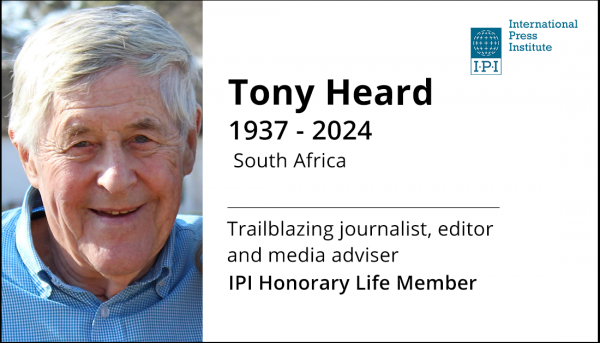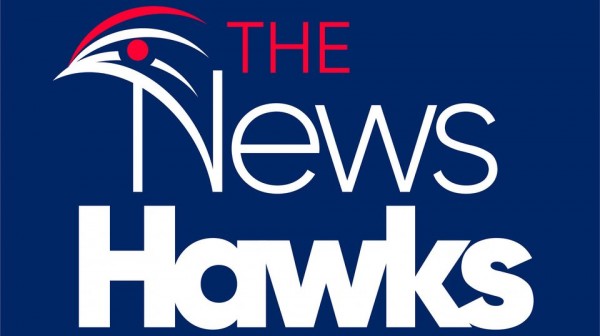On 31 March, the body of Edward Chikombo, a part-time cameraman for the Zimbabwe Broadcasting Corporation (ZBC), was discovered close to the village of Darwendale, outside the capital Harare.
Armed men had apparently taken Chikombo from his home in Glenview Township on 29 March.
According to information provided to the International Press Institute (IPI), the journalist may have been murdered because of his suspected involvement in providing foreign news services with footage of opposition members being attacked by the security services during recent strikes.
On 11 March, Morgan Tsvangirai, the leader of the Movement for Democratic Change (MDC), was badly beaten by the security forces. Pictures of his injuries were later shown on the BBC and CNN.
In recent weeks, there have been rumours that the Zimbabwean government is employing so-called “hit squads” to carry out abductions and beatings of opposition members and their supporters.
Zimbabwean President Robert Mugabe has also issued statements about the right of the security services to attack people and these statements have fuelled an aggressive and violent environment, particularly in Harare.
Chikombo’s murder was not the only serious press freedom violation to occur recently. On 11 March, photojournalist Tsvangirai Mukwazhi was seriously assaulted while in police custody, and Gift Phiri, chief reporter for The Zimbabwean, was apparently tortured on 1 April.
Commenting on Zimbabwe, IPI Director, Johann P. Fritz said, “These brutal attacks on journalists are a sign of the extraordinary lengths that the government will go to hide the true state of affairs in Zimbabwe.”
“Given its important role in Southern African affairs and its influence over Zimbabwe, I would call on the South African government to issue a strongly worded statement reminding the Zimbabwean government of its duty to uphold the rule of law and urging it to carry out an open and transparent investigation into the death of Chikombo, and the assaults on Mukwazhi and Phiri.”
“In doing so, I would remind the South African government that assaults and murders of journalists are often an indication that other serious human rights breaches may be occurring or are about to occur.”
“For this reason, the time to act on Zimbabwe is now and there are real risks that a failure to do so will only exacerbate the current situation and further encourage the Zimbabwean government to believe that it can suppress the work of journalists and commit human rights violations with impunity,” added Fritz.


